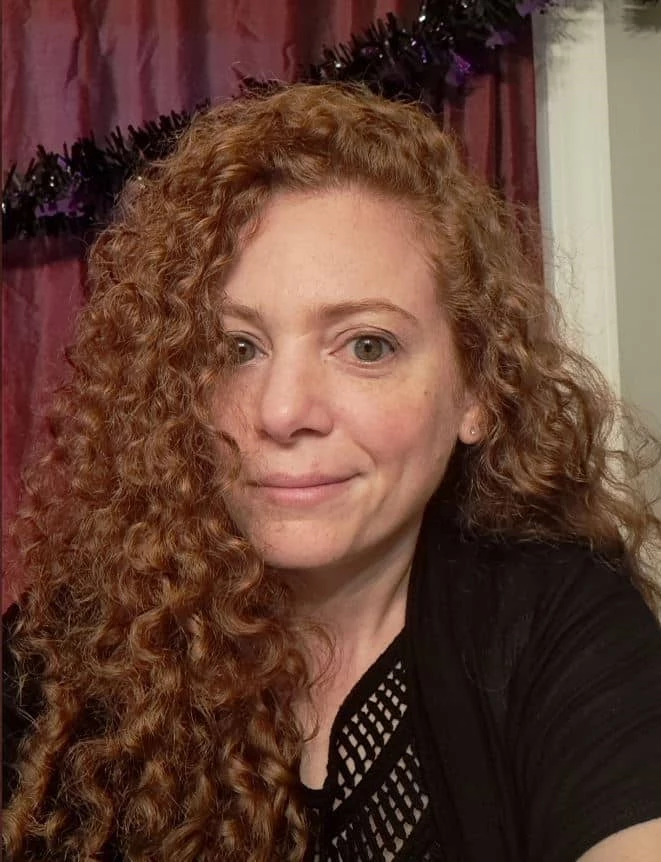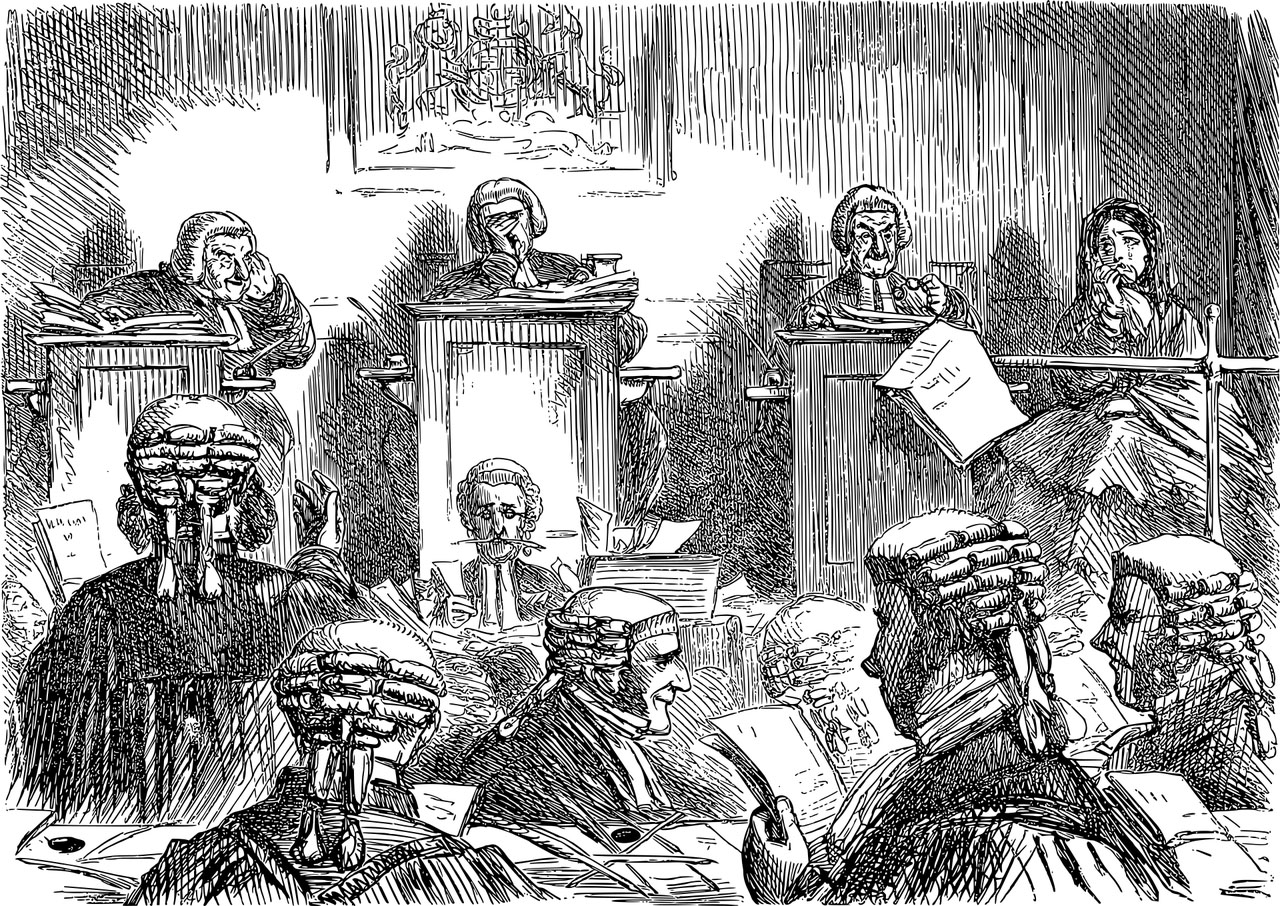
“Blood on Beacon Hill” isn’t what you think it is. And Teddy, the teen boy on trial for rape, isn’t who you think he is. Neither is his one-time lover, Wendy. This story is unapologetically passionate, compelling, thought provoking, and darn enjoyable to read. In his first sale to Apex Magazine, Russell Nichols will lure you in with a provocative first scene, and then flip everything sideways to show you the long-time complexities of the situation. Teddy isn’t your standard teenager (not by a long shot), but he serves as a stand-in for any Black American who faces social judgment and feels they won’t be accepted for being themselves.
Telling your audience just less than what you think they should know to keep them wanting more is an art form, one you’ll find Nichols is quite skilled at. The story certainly has a satisfying and appropriate conclusion, but I was left wanting to know more about the Attucks family and especially Teddy’s mother, their culture’s general social status, and well, just everything.
Nichols was kind enough to answer my questions about what inspired this story, if the young couple in question could have had a happy ending in another life, and most importantly about how the society we are born into shapes our lives. A journalist by trade, Nichols answered many of my questions in journalistic style. You’ll see what I mean! Burgeoning writers out there should take special note of the last question in this interview, in which I ask Nichols about his writing process.
Raised in California, Nichols now travels the planet with his wife. They are currently based in India. This is his first pro-rate sale to a fiction magazine.
Questions about the story:
APEX MAGAZINE: At first blush, “Blood on Beacon Hill” is a story about a black teenager having the book thrown at him for a crime that would most likely be a slap on the wrist if a white teen boy did the same thing. But like most court cases, Teddy’s story is much more complicated than the opening scenes imply. Because Teddy is a vampire. He might be a teenager, but he’s been a teenager for over a hundred years. What made you decide to frame Teddy’s story in a courtroom?
RUSSELL NICHOLS: To be born black in America is to be born on trial. So I knew I wanted the courtroom to be the frame around which this family portrait hangs. But I know it’s not black and white. About a decade ago, when I was working at the Boston Globe, I covered all kinds of court cases. There was always this gap between the public image of a defendant and his or her life behind closed doors. Mainstream media too often paints images of black men in broad brushstrokes, usually negative. But Teddy allowed me to come into his world, where I could see how his environment shaped him, where he wasn’t just a black man or a 100-year-old vampire, but a complex individual with gray undertones.
AM: Something that really made this story shine for me was Teddy’s family. I loved the dinner scene especially. Teddy’s mother is getting really sick of faking who she is to fit in. She’s under pressure to “pass,” to keep her personality bottled up, to look, talk, and act like a non-vampire so that society will accept her and her family. How long has she been doing this for, and psychologically, what has it done to her? In your portrayal of Teddy’s mother, are you paralleling real-world situations in which people are pressured to assimilate and “pass” to be accepted?
RN: With Teddy’s mom, I found the most blatant display of W.E.B. Du Bois’ concept of “double consciousness.” She’s caught between these two identities, trying to reconcile them. Should she be herself and risk rejection? Or be fake to win acceptance? She’s torn, so she represses. But like the undead, repressed feelings never stay buried. The tension between those two poles comes out in different ways, be it anger, depression, addiction or something else just as destructive. This mirrors the plight in many communities of color, where psychological issues are disregarded as “white people problems.” But problems don’t see color. And vampires are people, too.
AM: If Wendy had just been a normal teenage girl who had a crush, do you think she and Teddy could have had a normal relationship? Would Teddy’s parents have ever accepted her?
RN: That’s a tricky one. The word normal is like those optical illusions that change depending on the viewer. But if by that you mean, could their relationship be free of judgment from outsiders, I don’t think so. Even at home, Teddy’s father might accept them if the relationship somehow benefited his political dreams. Teddy’s mother would support her son for choosing his own path, but she’d also resent the relationship for reminding her of her own lack of conviction. True, we live in the 21st century and we’re supposedly more tolerant these days, but as a country, we’re just not there yet. Too many deny the horrors of our history, which allows white supremacy to lurk in shadows, afraid of sunlight.
AM: There is this beautiful line in the closing scene that compares Teddy and Wendy’s lives to the horticultural environment of Teddy’s part-time job. Are we all just products of our society? Is there any way to escape?
RN: We’re not just products of our society, but also products of our society’s products. The levels of conditioning go so deep, the roots are barely even visible. That’s the parallel I see with horticulture. Potted plants have no say where they’ll be positioned. It’s not like a plant can tell a gardener, “Yo, I’m not getting enough sun over here, boss.” In the same way, we never chose who our parents are or what religion we’re born into or our skin color. Adaptation, then, becomes critical for survival. Escape is never really an option because everything born into us stays with us. We can’t escape who we are. But if you change your environment, you broaden your perspective, which is the only way to grow.
AM: Is this Attucks family any relation to Crispus Attucks, the first martyr of the American Revolutionary War?
RN: Good question. You know, I asked the family about this connection, too. But they said no comment. And they were adamant. I chose to respect their privacy.
Questions about writing in general:
AM: What other fiction and/or non-fiction writing projects are you currently working on?
RN: I’ve got a few science fiction screenplays in the works. Also, I’m developing an experimental hip hop crime novella and a noir graphic novel set in an alternate 1940s Harlem. As for short stories? I can’t lie. Those are hard for me. Still, every time I think I’m done, they keep calling me back. I’m writing a sf story now showing the effects of police brutality from the point of view of a boy who was killed.
AM: Which authors have had the biggest influence on you?
RN: All of them, just because they exist and prove this writing thing is actually legit. But if I had to pick a starting five for the Literary Dream Team, I’d go with Toni Morrison, Jorge Luis Borges, Samuel R. Delany, Kurt Vonnegut, and the one and only Octavia E. Butler.
AM: Tell us a little about your writing process. How do you get from idea to finished story?
RN: Every day I wake up at 3 a.m. I meditate then I write. I hate what I write, but I keep writing until I hate it a little less. I’m usually working from some loose outline I made, so I’m never flying blind. But I also don’t get too strict on structure, so my characters can take over when they’re good and ready. Once I got a decent draft, I let my wife read it first. She’s brutal and I need brutal. (Her obsession with vampires also made her the go-to resource for this story.) She gives me notes. After letting the story chill for at least a week, I rewrite. I hate what I rewrite, but I keep rewriting until I hate it a little less. At some point, I become delusional enough to think it’s ready to be published. So I send it out and I get rejected. I go to bed asking myself what I’m doing with my life. Then wake up at 3 a.m. to do it all again.











